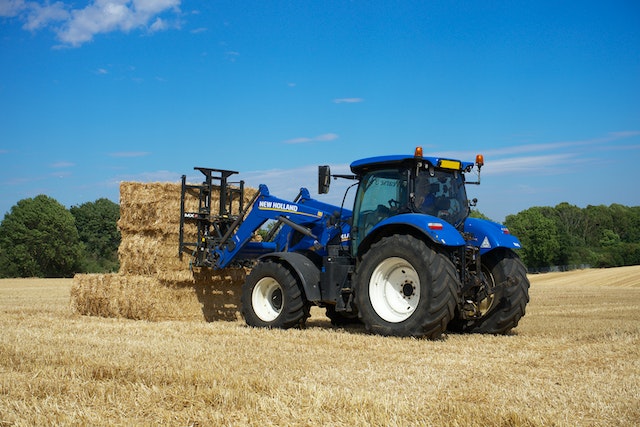
Introduction: As the temperatures rise and the sun shines bright, it’s time to gear up for summer adventures. Whether you’re planning a road trip, heading to the beach, or simply enjoying the warm weather, one thing is certain: your vehicle’s tires play a crucial role in ensuring a safe and comfortable journey. In this blog, we’ll explore the benefits of summer tires and why they are essential for maximizing performance during the hot summer months.
I. What Are Summer Tires? a. Definition and purpose b. Construction and composition
II. Advantages of Summer Tires a. Enhanced traction and grip b. Improved handling and maneuverability c. Superior braking performance d. Reduced hydroplaning risk
III. Characteristics of Summer Tires a. Tread pattern and design b. Rubber compound and heat resistance c. Wide contact patches and stiff sidewalls
IV. When to Use Summer Tires a. Temperature considerations b. Seasonal transition and tire changeover c. Geographical factors
V. Summer Tires vs. All-Season Tires a. Key differences in performance b. Longevity and wear c. Cost-effectiveness
VI. Maintenance and Care for Summer Tires a. Regular inspections and tire pressure checks b. Rotations and alignments c. Proper storage during off-seasons
VII. Choosing the Right Summer Tires a. Understanding speed and load ratings b. Assessing performance ratings and reviews c. Seeking professional advice
VIII. Conclusion a. Safety and performance benefits of summer tires b. The importance of making informed tire choices
Introduction: As the temperatures rise and the sun shines bright, it’s time to gear up for summer adventures. Whether you’re planning a road trip, heading to the beach, or simply enjoying the warm weather, one thing is certain: your vehicle’s tires play a crucial role in ensuring a safe and comfortable journey. In this blog, we’ll explore the benefits of summer tires and why they are essential for maximizing performance during the hot summer months.
I. What Are Summer Tires? Summer tires, also known as performance tires, are specifically designed to provide optimal traction and handling in warm weather conditions. Unlike all-season tires or winter tires, summer tires are engineered to deliver high-performance capabilities on both dry and wet road surfaces. These tires feature specialized tread patterns and rubber compounds that allow for better grip and responsiveness during summer driving.
II. Advantages of Summer Tires a. Enhanced Traction and Grip: Summer tires excel at gripping the road, thanks to their unique tread patterns and rubber compounds. The tread designs typically have wider grooves, shallower sipes, and increased contact area, enabling better traction on dry roads. The rubber compounds used in summer tires are formulated to remain firm and flexible in warmer temperatures, further enhancing grip.
b. Improved Handling and Maneuverability: The combination of advanced tread patterns, stiffer sidewalls, and precise construction makes summer tires highly responsive to steering inputs. They offer enhanced handling and maneuverability, allowing for sharper turns and better control around corners. Whether you’re driving through winding roads or navigating city traffic, summer tires provide a more engaging driving experience.
c. Superior Braking Performance: When it comes to braking, summer tires excel in shorter stopping distances compared to all-season tires. The specialized rubber compounds used in their construction enable better heat dissipation, resulting in improved braking capabilities. This feature is especially critical during the summer months when roads tend to be warmer and braking distances can be affected.




